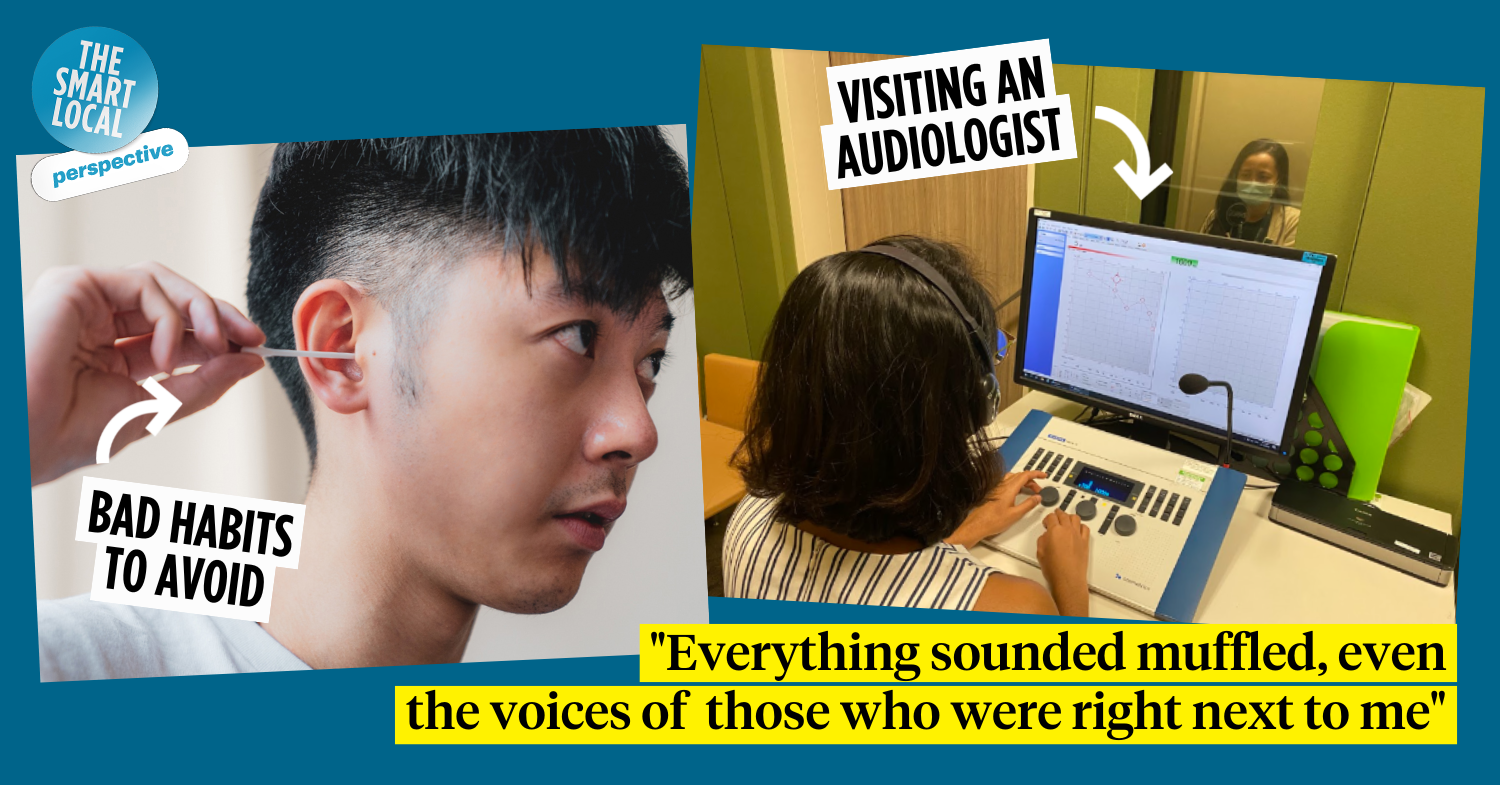Near deaf experience
Close your eyes for a minute and focus on the sounds around you. Maybe you hear birds chirping or a song playing through your headphones. Hearing is not something we actively do or are aware of most of the time. But trust me when I say that it’s one bodily sense you’ll immediately notice when it’s gone.
That’s what happened to me some 13 years ago when I nearly lost my ability to hear. As a kid, I fell sick often, with trips to the doctor and even the ER being fairly common. I always managed to recover quickly, but this one particular instance could have changed the course of my life forever. Here’s how I almost went deaf from a sinus infection at 11:
Getting hearing issues after falling sick
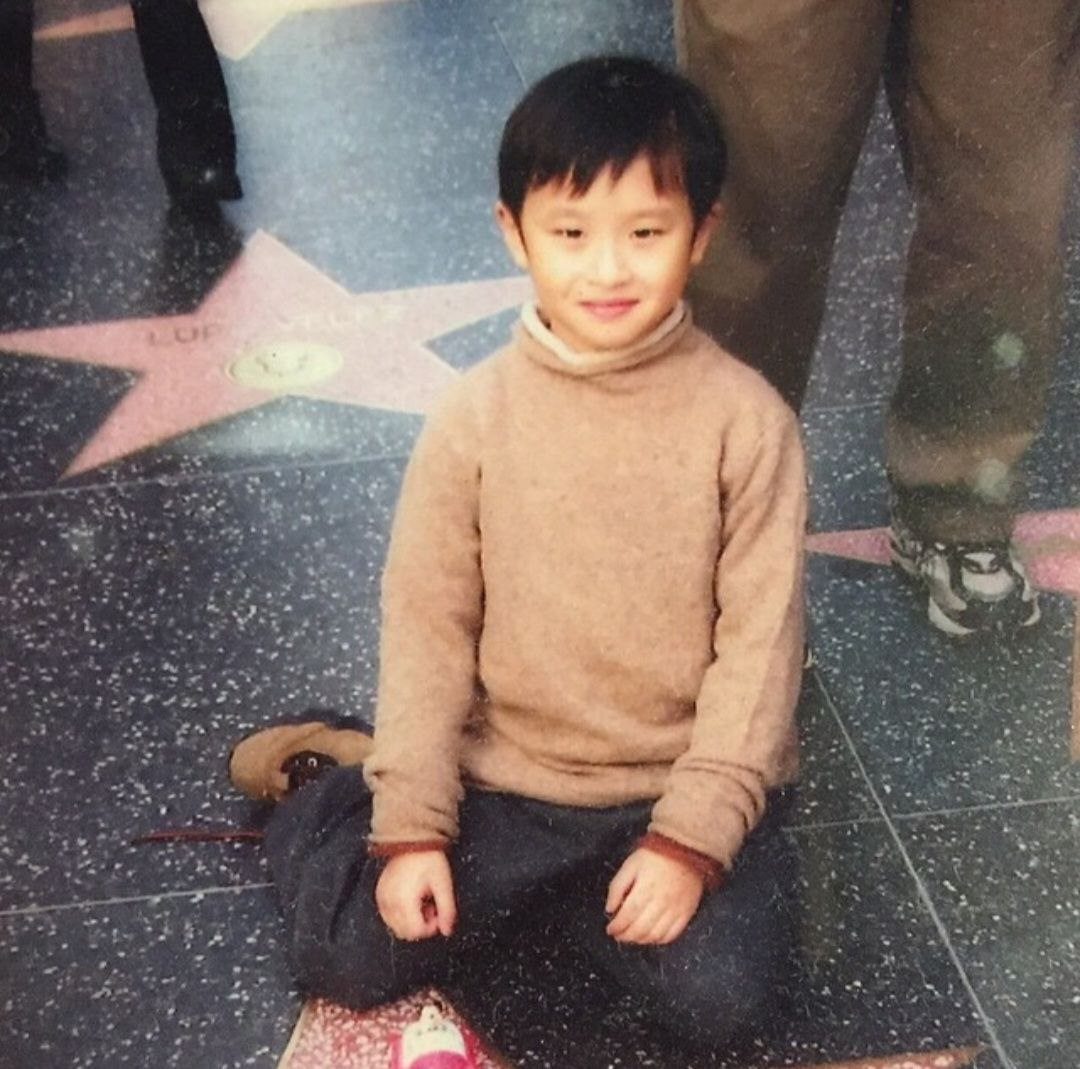
A CHAS card would’ve been nice back then since I was always visiting the clinic.
Image credit: Brendan Yee
With my tumultuous health record, it wasn’t a surprise to my parents when I fell sick for what must have been the billionth time when I was about 11. But I wasn’t particularly troubled by it.
The illness first manifested itself as a flu, where I developed symptoms like a fever and runny nose. This flu didn’t seem like anything out of the ordinary. Even my parents decided I could self-medicate with paracetamol to soothe my symptoms.
Unfortunately, this cold took a turn for the worse when it began affecting my hearing. I started experiencing lapses in hearing clarity. There would be an uncomfortable amount of pressure building in my ear that would completely block out noise for seconds at a time.
Everything sounded muffled, even the voices of those who were right next to me. This was when I realised that things might be more serious than I had initially believed, when 3 days passed and my hearing didn’t improve.
I tried to improve my hearing on my own at first, like holding my nose and blowing to relieve some of the pressure. I also thought it could’ve been a buildup of earwax, so I used cotton buds to dig out as much as possible. Unfortunately, none of these helped to recover my hearing.

Image credit: Brendan Yee
It was a cause for immediate medical attention when my parents realised that I couldn’t really hear them even though they were sitting relatively close to me. That’s when my parents brought me to a general practitioner (GP) to figure out what was causing my hearing loss.
The GP performed some basic tests like looking for blockages in my ear canal and even feeling my cheeks for signs of sinus inflammation. After a thorough examination, he concluded that mucus had flooded my sinuses.
My middle ear was probably infected due to a congestion in my Eustachian tube, which is linked from the nose to the ear. This, he said, was probably what was causing my hearing loss. But not wanting to jump the gun and just relying on a course of antibiotics, the doctor recommended that I visit an audiologist to make sure that any damage done wasn’t permanent.
Meeting an audiologist for the first time
Truth be told, my family wasn’t familiar with the work of an audiologist before this. 11-year-old me thought I was going to visit a DJ or a headphone specialist to listen to some music. Even my parents were concerned with having to take me to a specialist. A referral to a specialist usually meant a greater underlying issue that couldn’t be fixed with regular medication from a pharmacy.
But they decided to heed the advice of the GP and booked an appointment for me to meet with an audiologist – just in case there was permanent damage involved.
 Understanding how ears work from an audiologist. Image for illustrative purposes only.
Understanding how ears work from an audiologist. Image for illustrative purposes only.
Image credit: NUS
That is where I met Mr. Lim, an audiologist for the first time. He explained that he specialised in hearing related issues, and was going to assess the condition of my ears in an audiometric booth. The sound-treated booth essentially cut down any ambient noise, so that I would be able to hear the beeping sounds he would play through headphones as clearly as possible.

An audiometric booth. Image for illustrative purposes only.
Image credit: NUS
I was given headphones to wear through which Mr. Lim would play sounds of varying pitches and volumes. I was told to press a response button as soon as I could hear a beep, even at the faintest level. My ability to hear each one would help him accurately assess the severity of my hearing loss.
The whole experience was quite nerve wracking for a child like me. The chamber was quite dim and silent, and I was constantly worried if I would really be able to hear any of the sounds played. But as the test went on, I realised it was like playing a video game as I actively tried to focus on hearing the little beeps.
The test took less than 15 minutes, after which, Mr. Lim was able to assess the results and assured me I only had a temporary hearing problem. Once my sinus infection had cleared up, I would be able to regain my hearing.
He then offered to help treat my hearing loss with non-medicated options like Valsalva Manoeuvre – “popping” the ears to relieve some of the pressure in my sinuses. However, my family felt it best to tackle the infection directly, so we reconsulted with my GP. On his advice, I continued the course of antibiotics I had originally been given to help heal the infection.
Going through the experience as a young person
After 2 weeks, my sinus infection was finally cleared and my hearing was gradually restored. Despite the terrifying ordeal, it was a great relief to me that I was able to get an expert opinion from my audiologist who could identify the underlying cause of my hearing issue and gauge its severity.
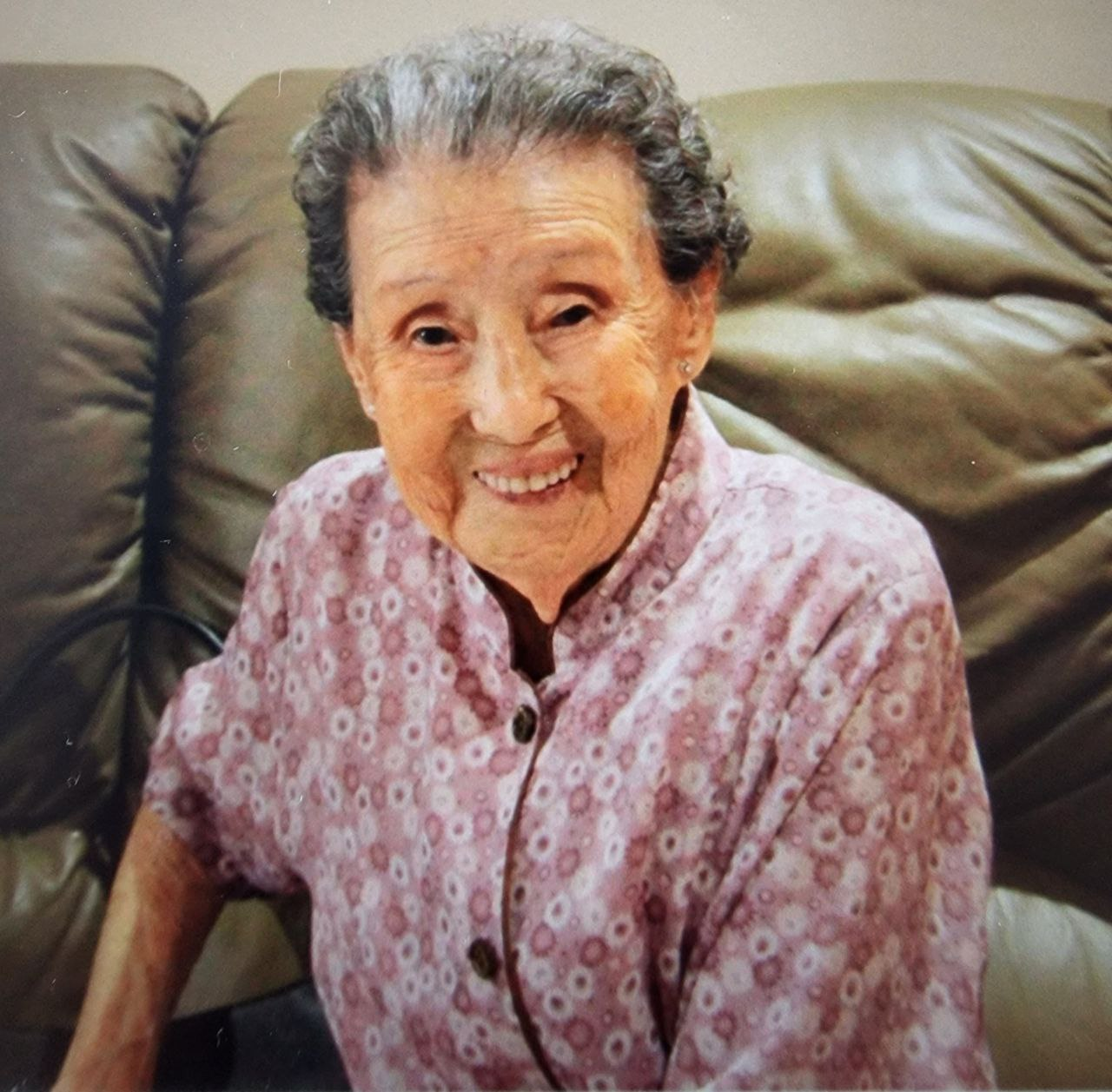
My grandma is wearing her hearing aid on the left ear.
Image credit: Brendan Yee
In fact, it was my positive experience with the audiologist that opened up my grandmother to booking an appointment when she began to lose her hearing a few years after that. Since she had heard about what I went through, she wasn’t afraid of visiting one to get advice on hearing aids.
Many young people tend to take hearing for granted. I, for one, never thought that I would need to see a hearing specialist at such a young age, since none of my friends had ever done so.
But I’m glad that I had the opportunity to meet an audiologist at such a young age. It gave me first hand experience that they are an integral part of the healthcare system, even though you might not always hear of them.
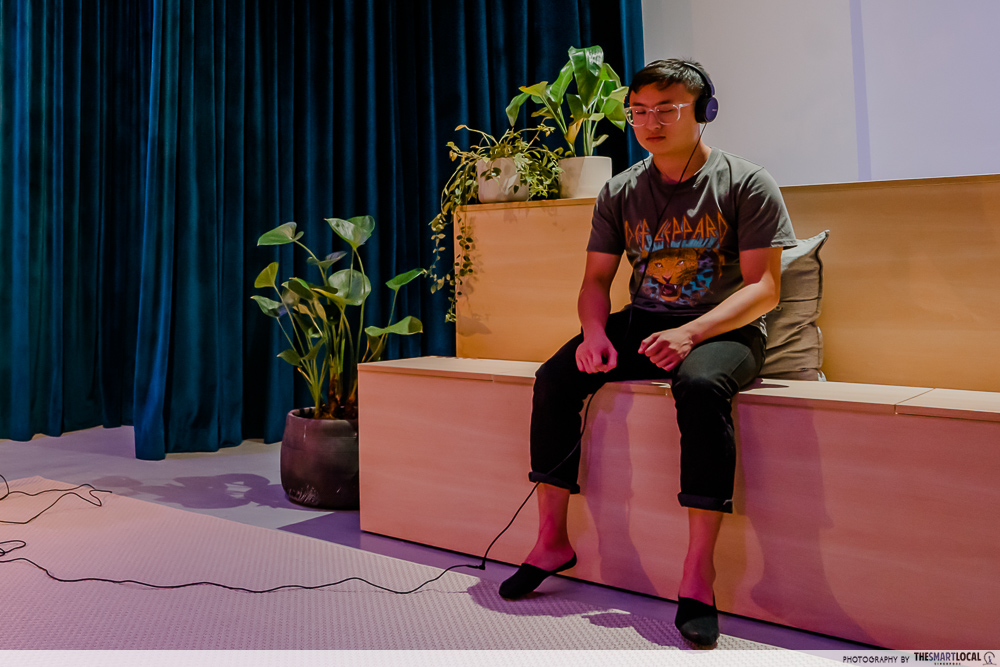
And with blasting music through earphones being common practice these days, it doesn’t hurt to go for regular checkups once in a while to make sure your hearing is still good. Of course, prevention is better than cure. You can protect your ears by following these tips my audiologist shared with me:
- Listen to music at 60% volume for a max of 60 minutes at a time. This will help you preserve your hearing over longer periods of time.
- Avoid using cotton buds to clean your ears, and use a warm damp cloth instead. Cotton buds may push earwax even further into the ear, or worse, puncture your eardrum.
- Avoid staying in the presence of loud noises from things like heavy machinery. Prolonged exposure to noises above 85 decibels can cause hearing loss, even in young people
Learn more at the NUS Audiology Open Day
Through my experience with an audiologist, I learned that they are specialised experts that can help with diagnosing hearing issues and loss.
But the job scope of an audiologist extends beyond just checking your aural faculties and fitting you with a hearing aid. Audiologists also manage balance dysfunctions, programme ear implants, and even counsel patients with hearing impairment.
Since audiology is an essential medical service, it’s a career path that is worth considering if you’re passionate about helping people. And it just so happens that NUS is holding an Audiology Open House Day for you to learn more about this unique profession.
Happening on 11th February 2023, the event introduces the 2-year NUS Master of Science (Audiology) programme to interested students.
The Open House is where you’ll be able to get your burning questions about the course answered, as well as tour the cutting-edge facilities that are used to help train students in the field.
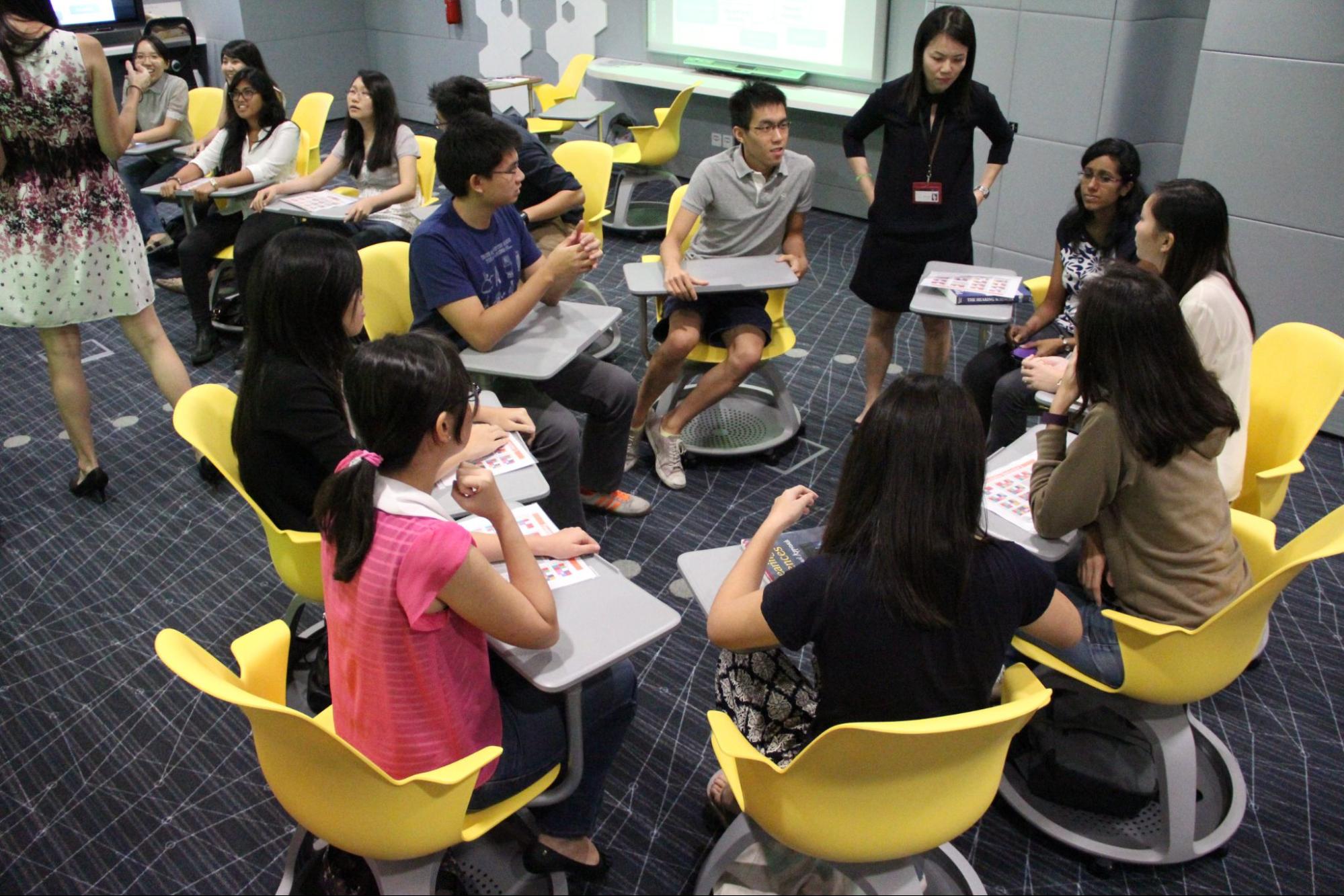 Image credit: NUS
Image credit: NUS
Considering that this is a specialised job scope, the MSc Audiology programme is the only place in Singapore where you can learn the skills of the trade. Plus, the course has an intake of students only once every 2 years. Class sizes are also kept small, so you’ll get plenty of chances to interact with the faculty during the course.
While audiology is an allied health profession, anyone with a Bachelor’s degree in any field is still welcome to apply for the course. This includes those who are passionate about helping people with hearing challenges and those considering a mid-career switch to the healthcare sector as well.
That said, there are plenty of opportunities to grow in this industry after graduation. But you’ll have to find out the career progression of an audiologist for yourself at the Open House.
Sign up for the NUS Master of Science (Audiology) Open Day 2023
NUS Master of Science (Audiology) Open House Day
Date: 11th February 2023
Time: 9am-12pm
Venue: 14 Medical Drive, National University of Singapore, Block MD6, Level 2 (Audiology SMART Classroom), Singapore 117599
Contact: NUS Audiology Facebook
This post is brought to you by NUS.
Cover image adapted from: NUS
Originally published on 27th October 2022. Last updated by Raewyn Koh on 30th January 2023.
